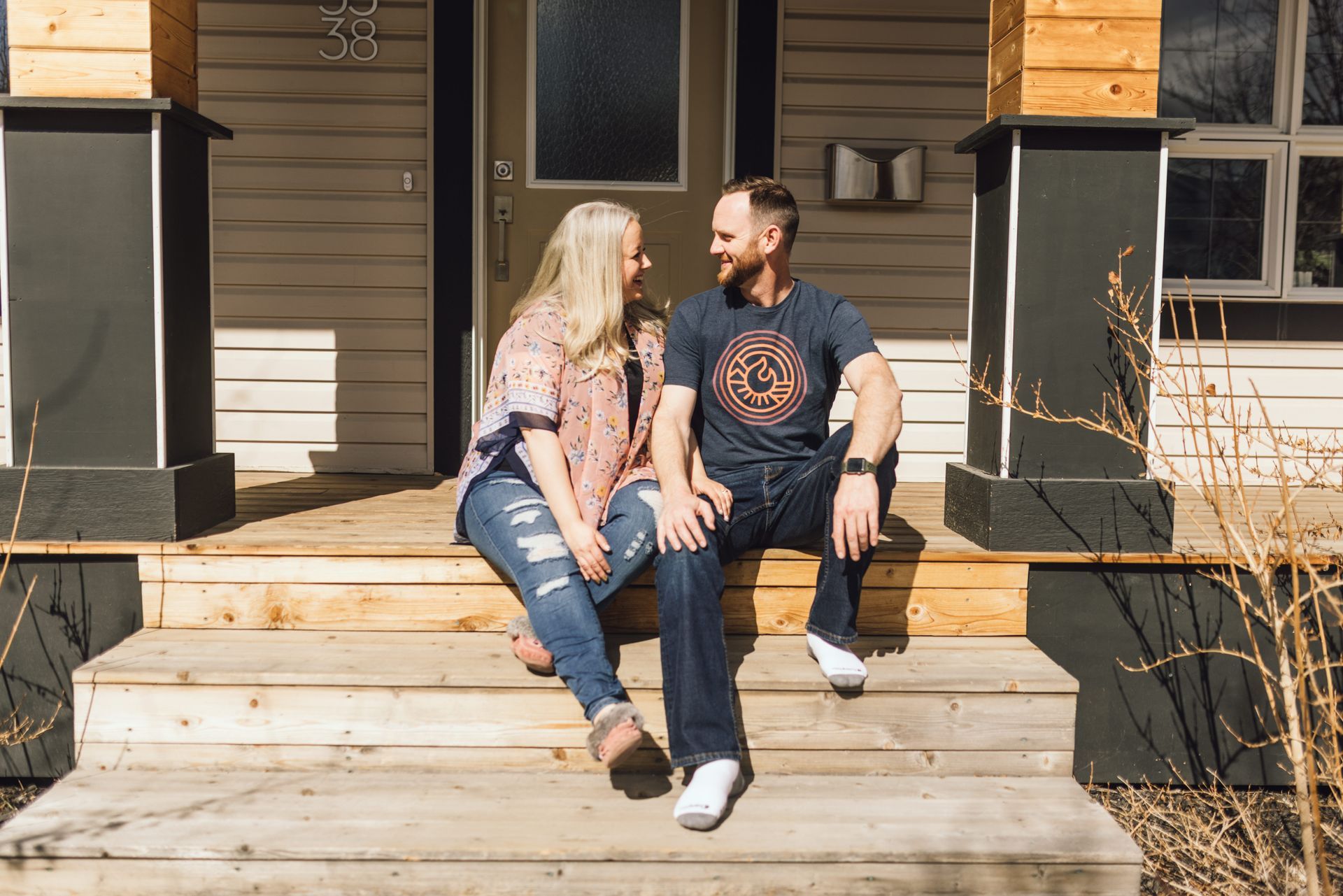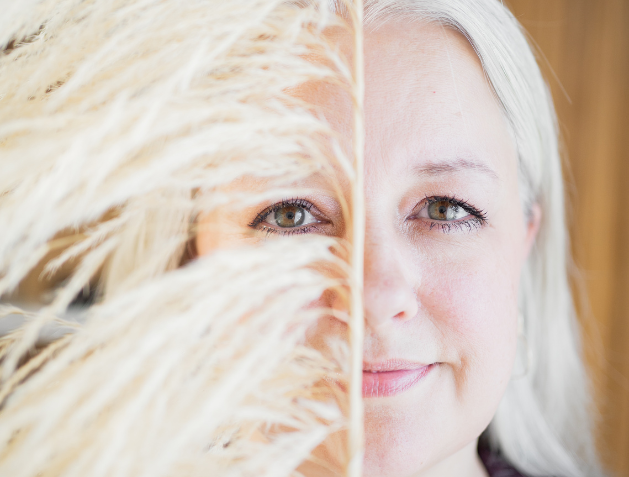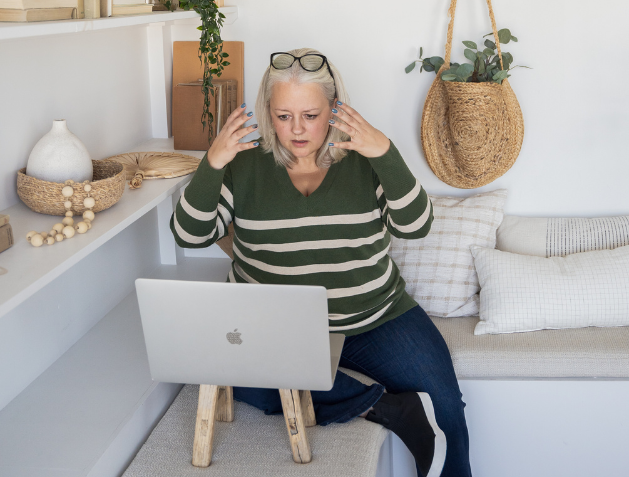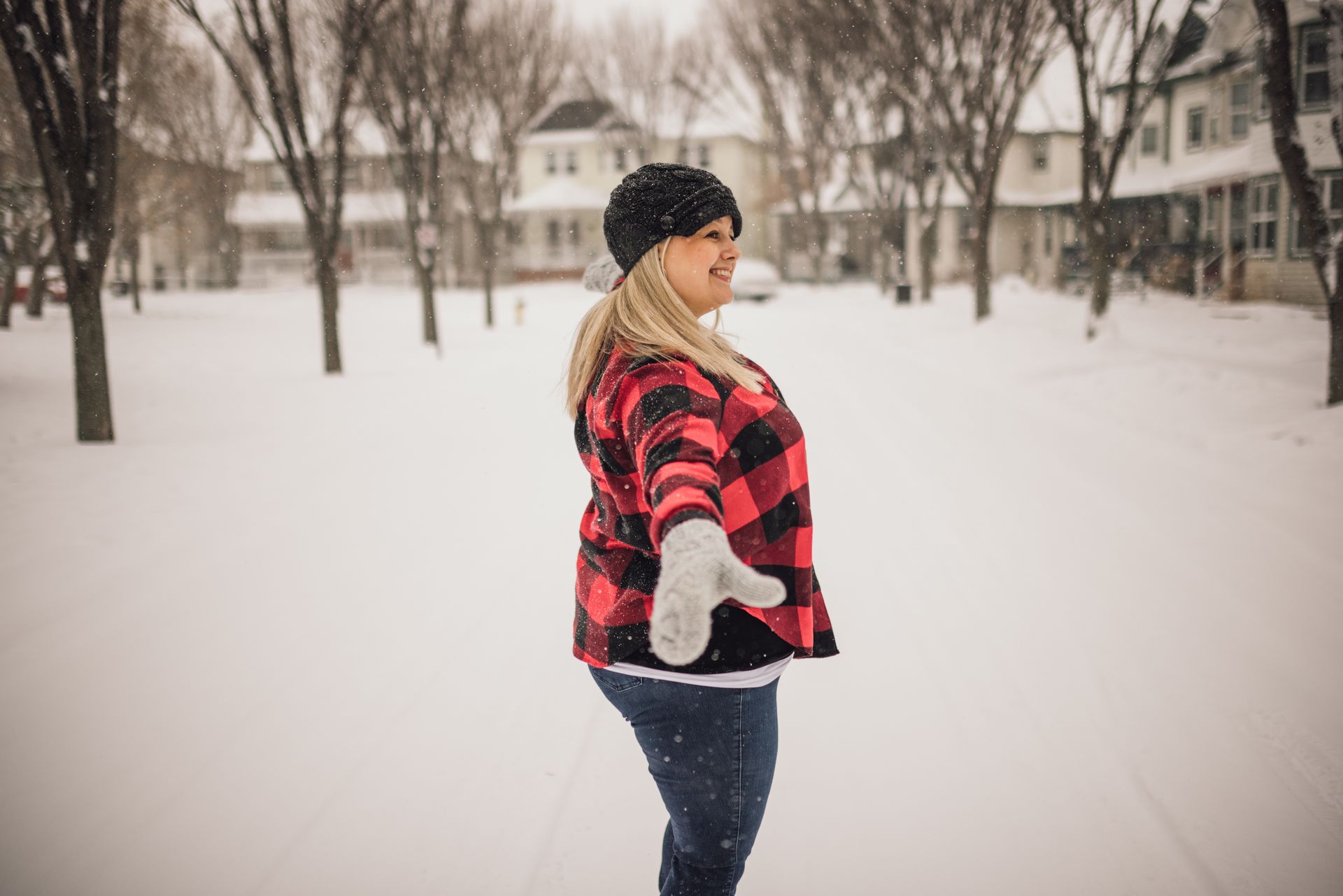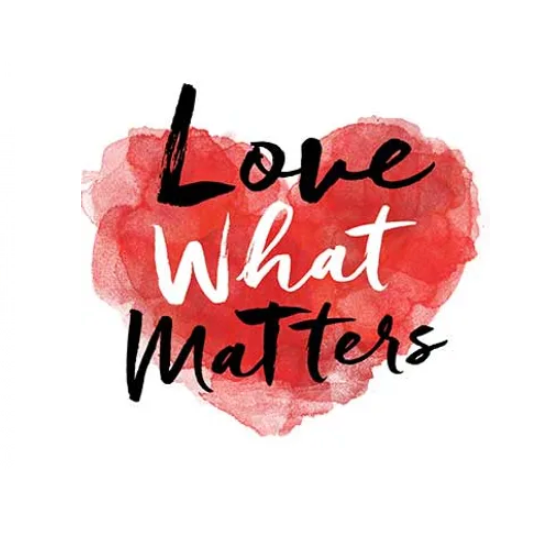Acknowledging Your True Feelings and How to Face Them
Last year, I was in a course and one of the things we talked about kept bugging me for days afterwards—in a good way. The question was: how often do we realize what we're actually feeling?
Oof. That was a heavy question for me as it transported me to a real-life situation I was experiencing. My grandmother at the time was ready to leave this life, and it simultaneously made me sad because I'd miss her and grateful and excited that she would get to go at a time that she was prepared to do so. This intense mix of emotions is what made the question "how often do we realize what we're actually feeling?" very relatable. Do we know? Do we ever actually pay attention to it or do we just chalk it up it as an all-too-familiar word: anxiety?
It's true that many of us struggle with anxiety. I do, too! But because of that, we sometimes barely acknowledge our feelings and quickly label them as anxiety. Let's stop for a minute and think about it.
Here's a common example. It's a regular day and, while there is nothing that could have seemingly upset you today, you all of a sudden feel irritated and tired and simply "off." Then, when asked what's wrong, you just shrug out shoulders and reply, "nothing's wrong; I'm just pissy." More often than not, your answer is not met with resistance so you go about your day feeling grumpy for no reason at all—or at least that's what you think. Here's the thing: there is a reason why you are feeling off. Something is actually going on but you're simply not acknowledging it. One time when this was happening to me, I gave my husband the classic answer to "what's wrong?"—and he challenged it! He laughed and said "why don't you use a better word and say what is really going on?" It threw me off! I realized that nothing had happened that day to put me in a bad mood.
So, I sat down and I started thinking, really thinking about what I was actually feeling. I soon realized I felt a certain heaviness; a heaviness of what was happening in my life. Personally, my grandmother's imminent passing was constantly on my mind. Professionally, while I absolutely love my job, I am often called to help people with extremely deep trauma, and at that time there was an abundance of it that was weighing on me. And so on that day, all the feelings came pouring down like dreary rain. So, no, I wasn't pouty; I wasn't in a bad mood; I was feeling heavy. All this time I had been attaching the wrong word to my emotions, therefore I had been unable to address them appropriately. And when I acknowledged my actual emotion and where it was coming from, I was able to do something about it. So, how do you balance that out? How do you combat heaviness? You add some lightness to your day! To me, lightness meant I was going to take a bath, do some colouring, watch a cheesy Hallmark movie and have a cup of tea.
We hear it all the time, "oh, I'm just feeling really anxious." In reality, someone might be feeling overwhelmed, stressed, nervous or scared. And that is very different than anxious. When someone says they're angry, perhaps what they truly feel is violated, unseen, unheard, abandoned or rejected.
Do you see where I'm going with this?
These feelings are so different, but when you can get down to the true emotion, it's amazing how your brain will figure out ways to process it and deal with it. Unacknowledged feelings take a toll on your relationships, work and health, too. When you go to the fridge and you just have to eat, are you actually hungry, or is it something else? Yes, it's scary to face our true emotions. Opening the fridge door and eating would be so much easier, and while it may provide in-the-moment satisfaction, it is short-lived. In those moments, we often let our brain take us to this place of complete anger and rage, a so-called negative "emotional home." The solution? Switch homes. Move. Pack up and get a new emotional home. You totally can!
By acknowledging your feelings, you give yourself the headspace to continue on, and not in a discontent way. It allows for a better life; one with more emotional strength and a greater skill level to face emotions head-on. So, I challenge you, next time you feel "off," stop. Take a moment and think. Really, truly, thoroughly think. What are you feeling? Where is it coming from? Once you know it, figure out how you're going to counter it—and do it. What is your lightness?
